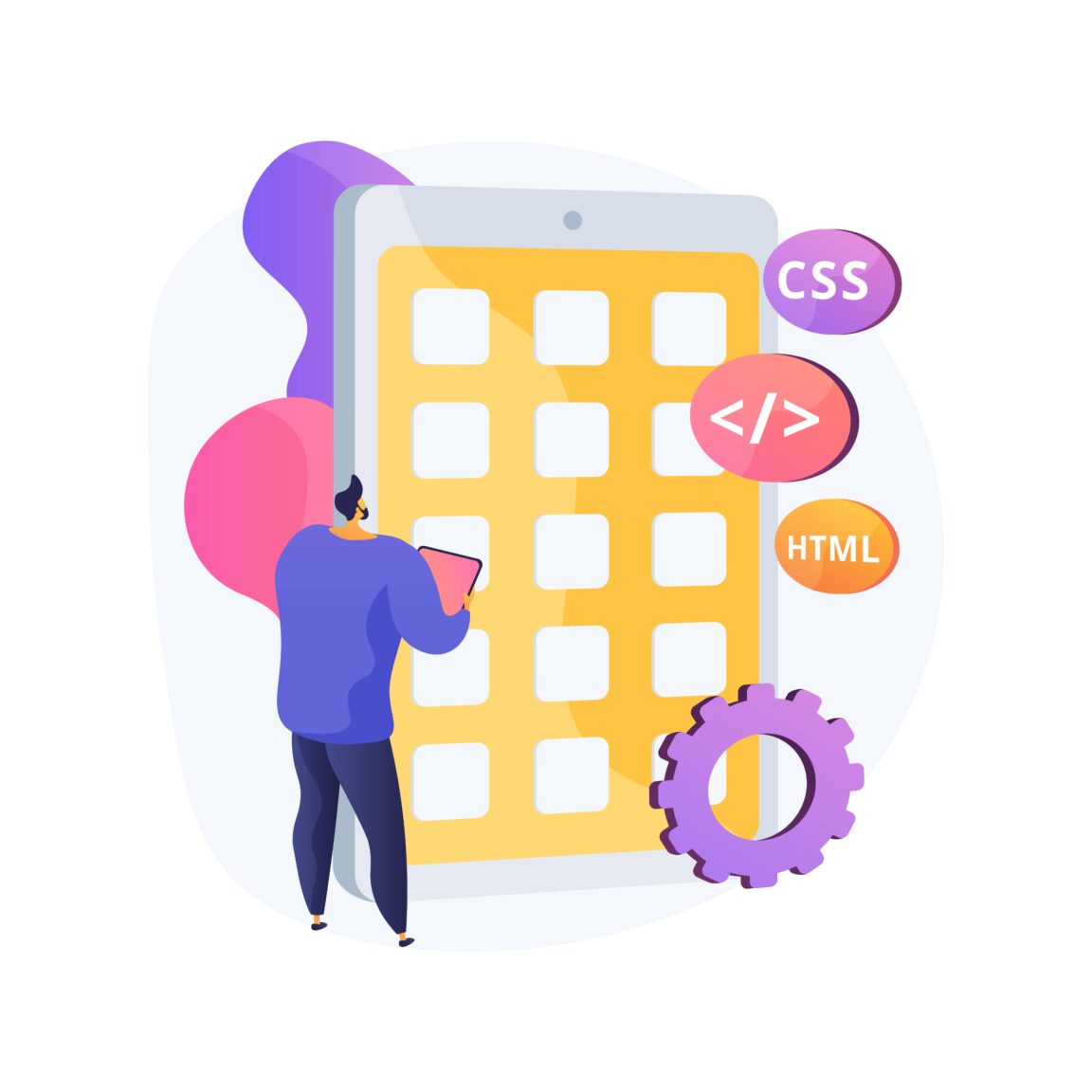Absolutely, the evolution of PHP-based web development frameworks has been a fascinating journey. From the early days of core PHP to the emergence of sophisticated PHP-based frameworks, the landscape has evolved significantly, catering to the ever-growing demands of modern web development.
The Genesis: Core PHP and Its Limitations
In the late 1990s, PHP (Hypertext Preprocessor) emerged as a powerful server-side scripting language, revolutionizing web development due to its simplicity and versatility. Developers utilized core PHP to build dynamic web applications. However, as projects grew in complexity, managing code became challenging. core php framework lacked a structured approach, making maintenance and scalability cumbersome.
The Emergence of PHP-Based Frameworks
Recognizing the need for a more organized and scalable approach, developers began crafting PHP-based frameworks. These frameworks aimed to streamline development by providing predefined structures, libraries, and tools to expedite the creation of robust web framework on php applications.
Transition to Structured Development: MVC Architecture
Frameworks like CodeIgniter, launched in 2006, introduced the Model-View-Controller (MVC) architectural pattern to PHP development. This separation of concerns enhanced code readability, maintainability, and facilitated faster development by segregating logic, presentation, and data.
The Era of Laravel and Symfony: Maturation of PHP Frameworks
As the demand for more sophisticated features and streamlined workflows grew, Laravel and Symfony emerged as prominent players in the PHP website framework ecosystem.
Laravel: Elegant Syntax and Developer-Friendly Features
Taylor Otwell introduced Laravel in 2011, captivating developers with its expressive syntax and a rich set of features. Laravel simplified common tasks like authentication, routing, and caching, empowering developers to build powerful web applications rapidly. Its robust ORM (Object-Relational Mapping) system, Eloquent, streamlined database interactions, while its Blade templating engine facilitated intuitive views.
Symfony: Enterprise-Grade Stability and Flexibility
Developed in 2005, Symfony, known for its stability and modularity, became the go-to choice for enterprise-level applications. Its reusable components, robust testing tools, and a thriving community contributed to its popularity. Symfony’s flexibility allowed developers to cherry-pick components, adapting the framework to diverse project requirements.
Diversity in PHP Frameworks: Specialized Solutions
Beyond Laravel and Symfony, the PHP ecosystem witnessed the emergence of specialized frameworks catering to specific needs:
Zend Framework (now Laminas Project): Enterprise-Grade Solutions
Initially, the Zend Framework provided enterprise-grade tools for building secure, scalable applications. Following its transition to the Laminas Project, it continued offering flexible, robust solutions for various enterprise needs.
Slim: Microframework for Lean Applications
Slim, a microframework, focused on minimalism and simplicity. It provided essential features for building small-scale applications, offering a lightweight alternative to bulkier frameworks.
Modern Trends and Future Prospects
Today, the PHP-based framework landscape continues to evolve. With advancements in technology and changing development paradigms, frameworks adapt to embrace new trends, such as:
- API-Centric Development: Frameworks like Laravel and Symfony are adapting to facilitate API development, catering to the growing demand for robust API architectures.
- Performance Enhancements: Ongoing efforts to improve performance and scalability remain a focal point for PHP-based frameworks to meet the demands of high-traffic applications.
- Integration with Modern Technologies: Seamless integration with cloud services, containerization (e.g., Docker), and the adoption of frontend frameworks (e.g., React, Vue.js) are becoming pivotal for PHP frameworks to stay relevant.
Community-Driven Development and Support
A crucial aspect that has propelled the evolution of PHP-based frameworks is the vibrant and supportive community surrounding these technologies. Open-source collaboration and contributions have been instrumental in refining frameworks, fixing bugs, and introducing new features. Forums, documentation, and online communities provide invaluable support to developers, fostering learning and innovation within the PHP ecosystem.
Challenges and Adaptation
Despite the significant advancements, PHP frameworks face challenges that necessitate ongoing adaptation:
- Maintaining Relevance: With the ever-evolving tech landscape, frameworks must constantly evolve to incorporate modern practices and technologies to remain relevant.
- Performance Optimization: As applications grow in complexity, optimizing performance becomes crucial. Frameworks continually work on improving speed and resource utilization.
- Security Concerns: With cybersecurity threats evolving, frameworks must prioritize security features and updates to safeguard applications against vulnerabilities.
Looking Ahead: Future Trends and Innovations
The future of PHP-based frameworks appears promising, driven by several emerging trends and innovations:
- Serverless Computing: Integration of serverless architectures within frameworks allows developers to focus on writing code without concerning themselves with infrastructure management.
- Artificial Intelligence (AI) Integration: Leveraging AI capabilities within frameworks to automate tasks, enhance user experiences, and optimize workflows.
- Enhanced Developer Experience: Frameworks are prioritizing tools and features that enhance the developer experience, reducing complexities and improving productivity.
Unraveling the Impact: PHP Frameworks Shaping Contemporary Web Development
PHP frameworks continue to play a pivotal role in the web development landscape. Their evolution reflects a commitment to meeting the ever-changing demands of developers and businesses. These frameworks not only provide robust structures and tools but also foster a community-driven environment that encourages collaboration and growth.
Conclusion
The evolution of PHP-based web development frameworks has been pivotal in shaping the web development landscape. From the early days of unstructured PHP to the maturity and sophistication of Laravel, Symfony, and specialized frameworks, each phase has contributed to enhancing developer productivity, code quality, and scalability. As the industry evolves, PHP frameworks continue to adapt, ensuring they remain at the forefront of modern web development.
This journey reflects not just the evolution of technology but also the collaborative efforts of developers and communities dedicated to advancing PHP-based web development.
This post was created with our nice and easy submission form. Create your post!







Comments
0 comments